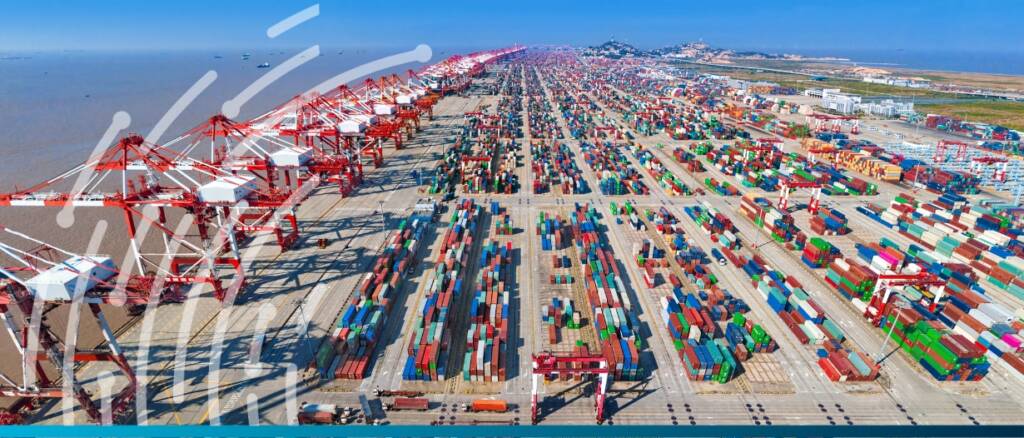At the ICC United Kingdom’s annual conference in partnership with the Center for Digital Trade and Innovation, Trade Finance Global’s (TFG) Deepesh Patel spoke with Miriam Goldby, Professor of Shipping, Insurance, and Commercial Law at Queen Mary, University of London, to learn more about the adoption of the electronic trade documents bill in the UK, breaking new ground in the transition to paperless trade.
Singapore has taken another step forward in being a regional leader in trade digitisation as they continue to develop programmes and initiatives to support this transition. The Infocomm Media Development… read more →
Today, BNP announced a collaboration with the Bank of China, launching a new digital wallet service and wallet applications for e-CNY, the digital currency of the Chinese yuan. Both banks… read more →
Today, BAFT, a leading global financial services association for global translation banking, announced the Future Leaders Program class of 2023. Now in its eighth year, the program recognises upcoming talent… read more →
The financial services industry (FSI) has changed dramatically over the past decades due to technological developments in telecommunications, information technology, and financial practice.
The dematerialisation of invoices and other supply chain documents is set for rapid growth. Most importantly the B2B market can be expected to build on the success of larger enterprises in automating their accounts payable and receivable processes to spread e-invoicing practices to small and medium-sized businesses (SME).
Global trade is a constantly evolving landscape with new challenges and opportunities emerging all the time. In an international marketplace dominated by digital technologies that bridge gaps between oceans, staying… read more →
Visa has announced a partnership with PayPal and Venmo to trial their new program, Visa+. This new service looks to help individuals transfer money rapidly and safely between different person-to-person… read more →
ESG is certainly not a new development, but its growth and importance in financial services have never been higher. Whilst there has been a big focus on the “E” in ESG, we’re also seeing a lot of progress in tackling other aspects, such as social action to address societal challenges. One of the biggest social challenges in global trade is the huge, and growing, finance gap.
The MLETR (Model Law on Electronic Transferable Records) is a revolutionary solution that aims to transform the trade finance industry by providing an open framework for digitising trade documentation.
























